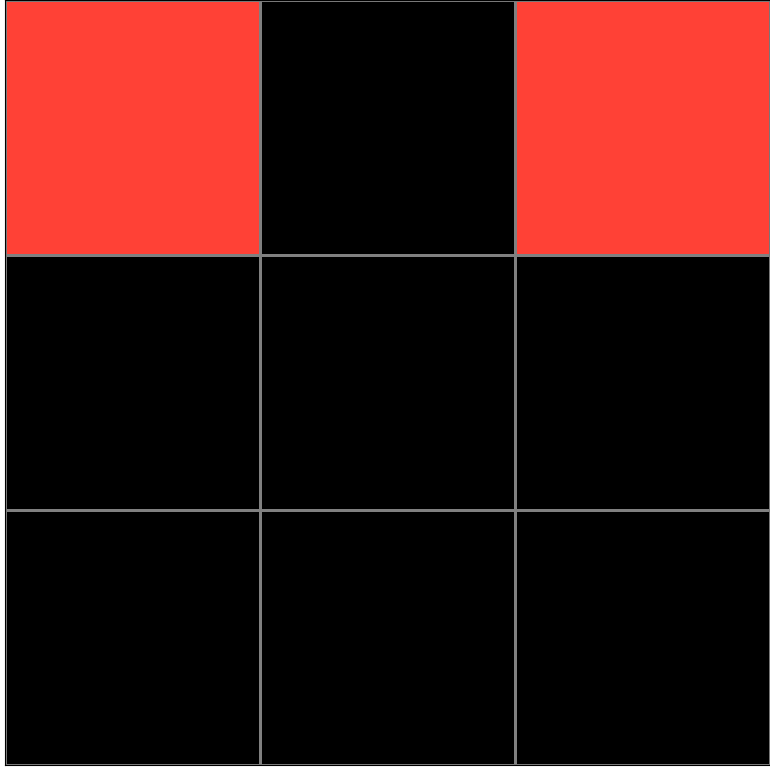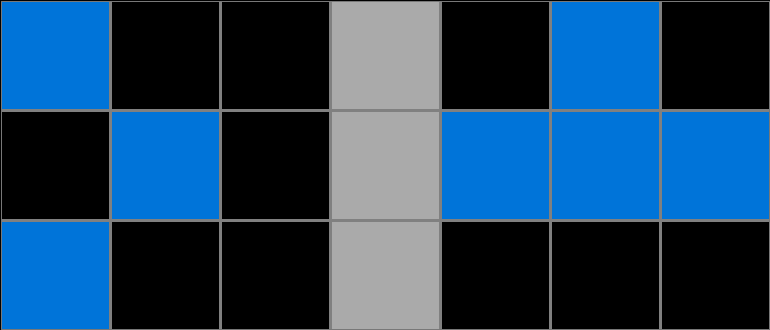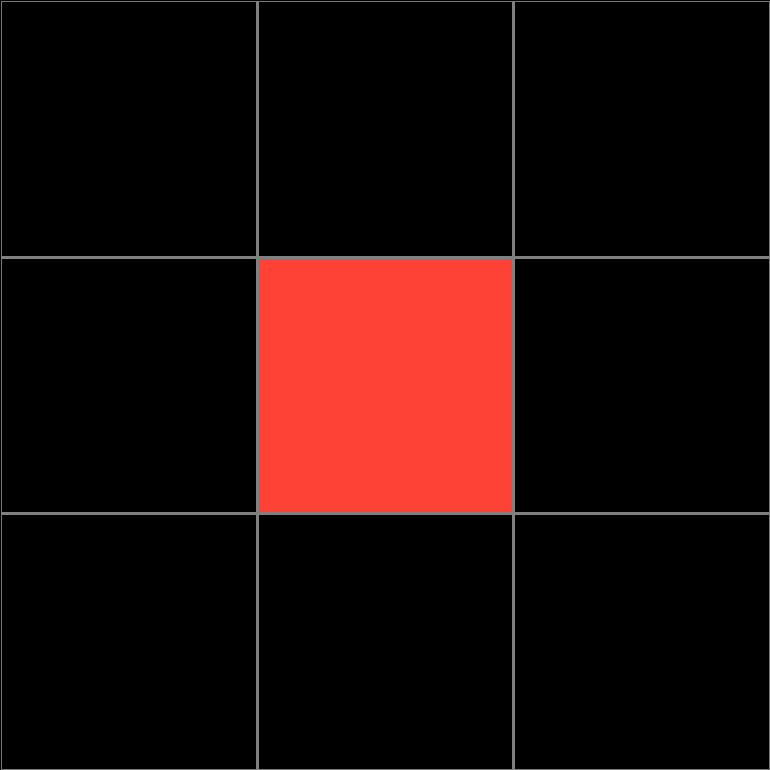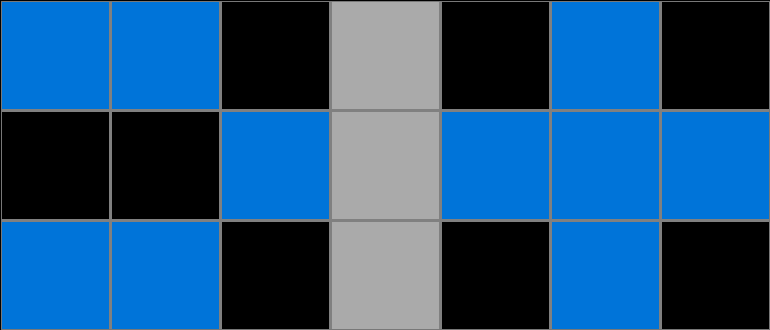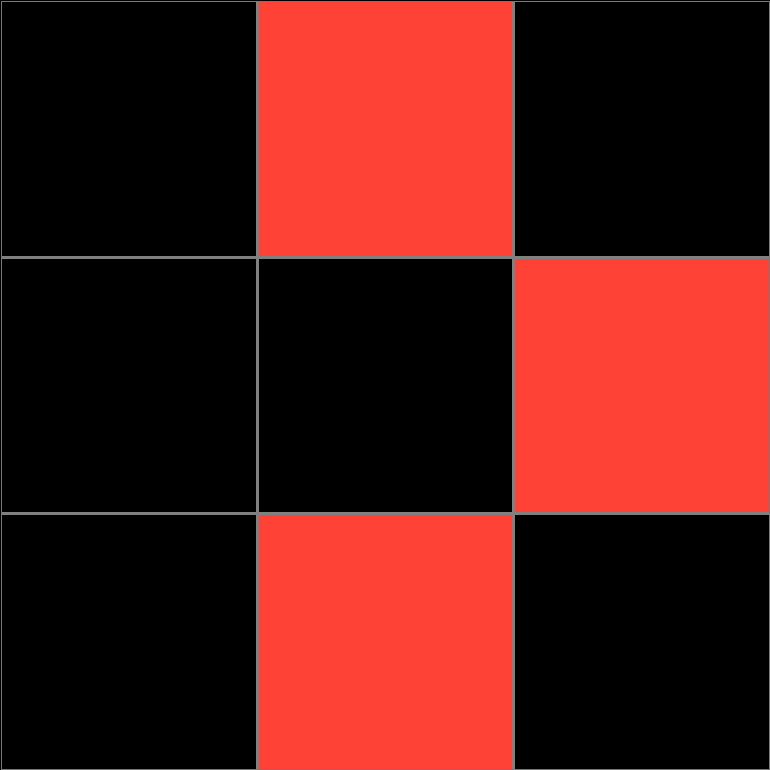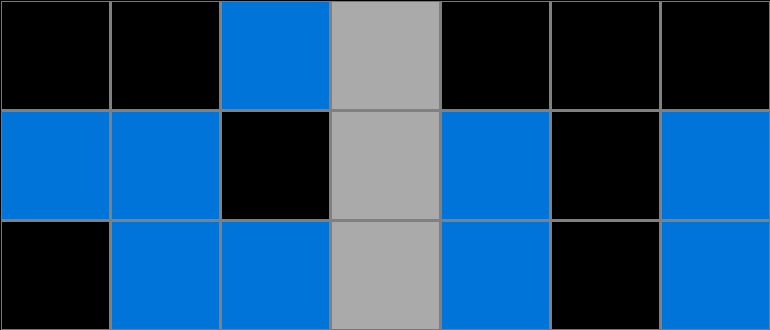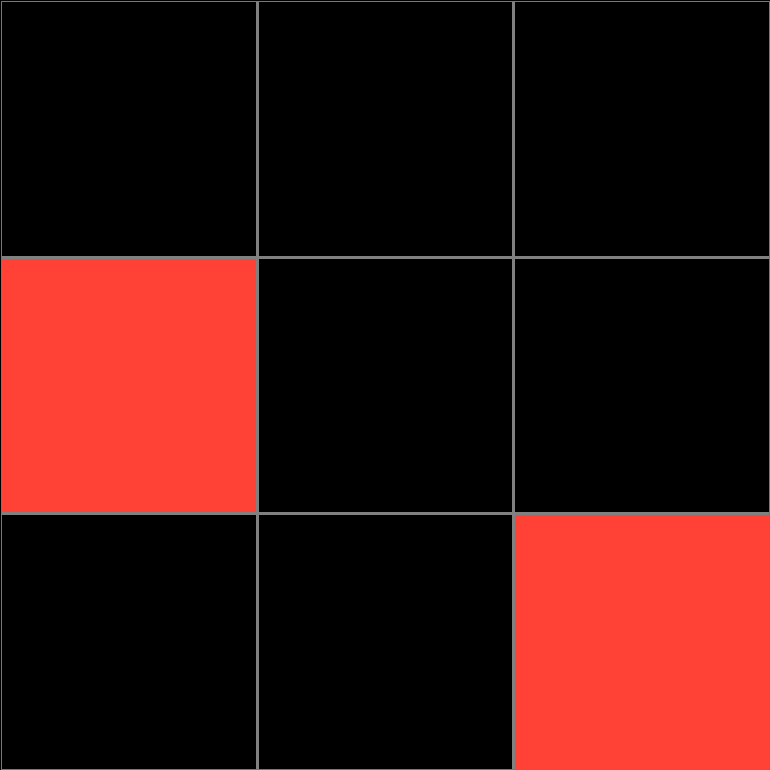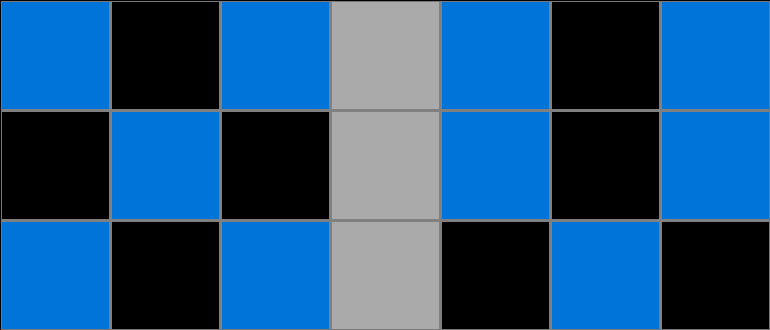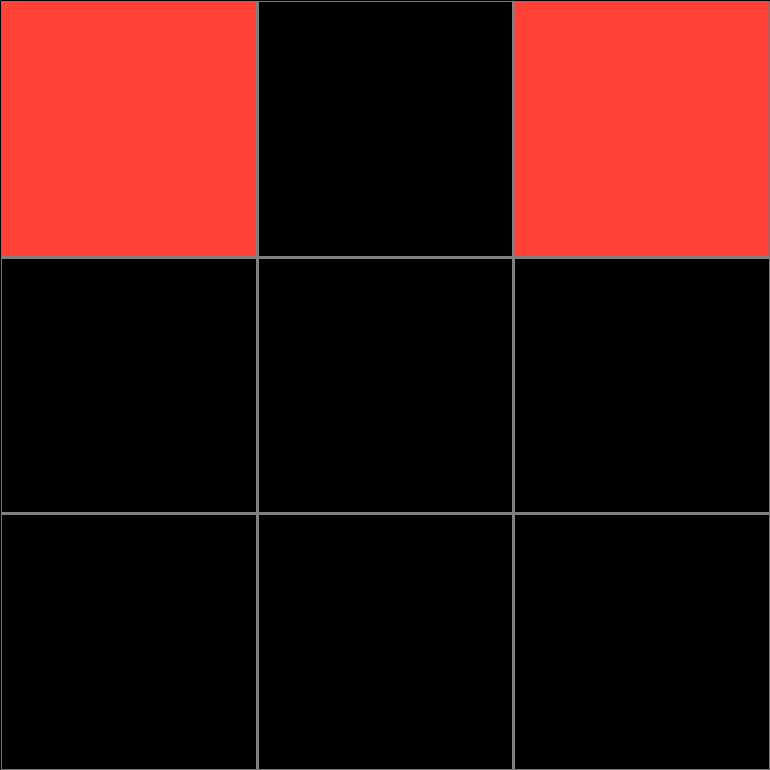Participant 1
Initial description: replicated the test input screen
Final description: I am not sure what I am doing wrong
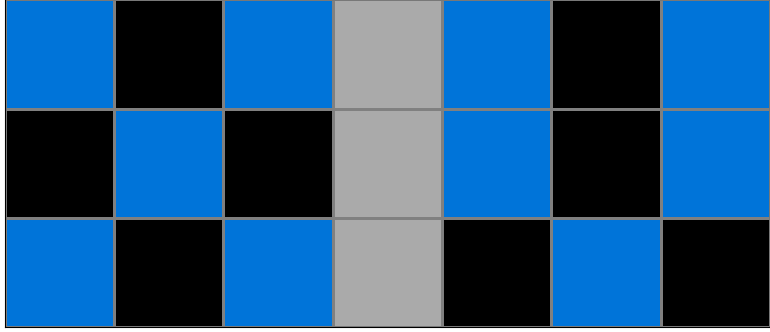
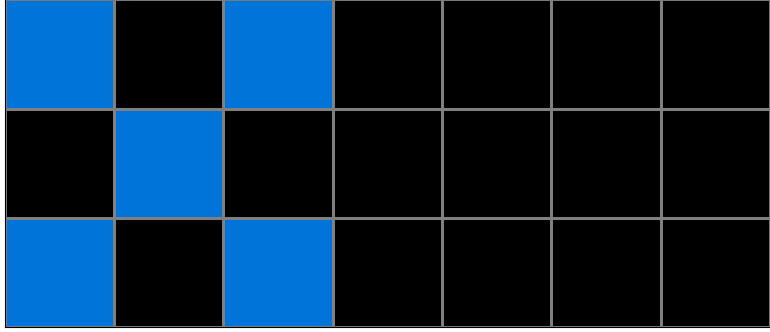
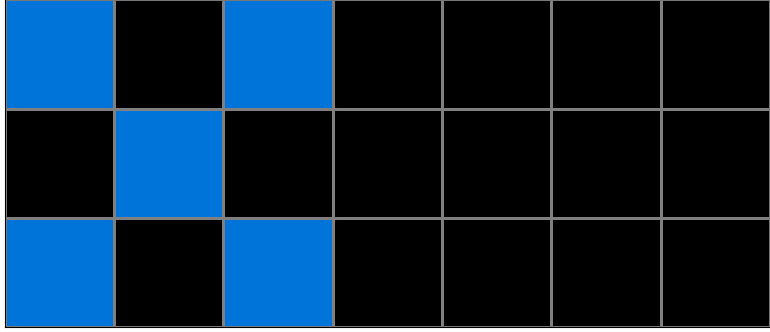
Participant 2
Initial description: Only the squares that overlap in the 2 inputs will be converted to red in the output.
Final description: Only the squares that overlap in the 2 inputs will be converted to red in the output.
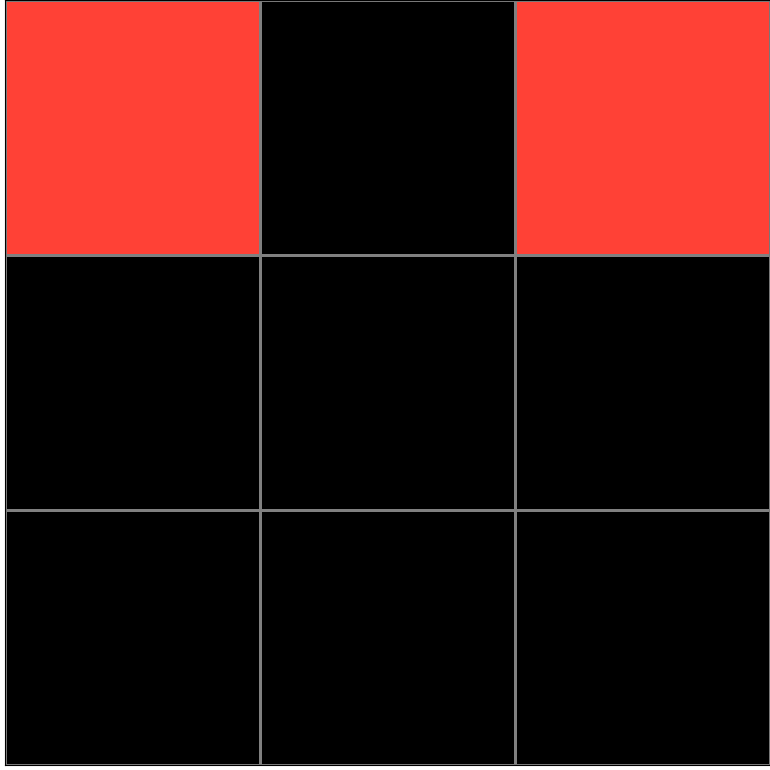
Participant 3
Initial description: GOOD
Final description: EXCELLENT.
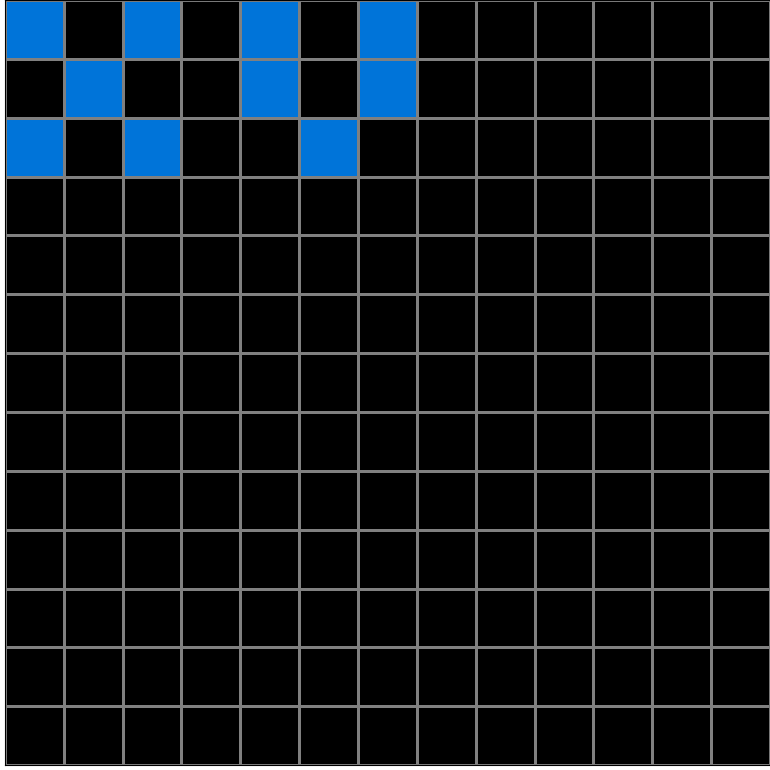
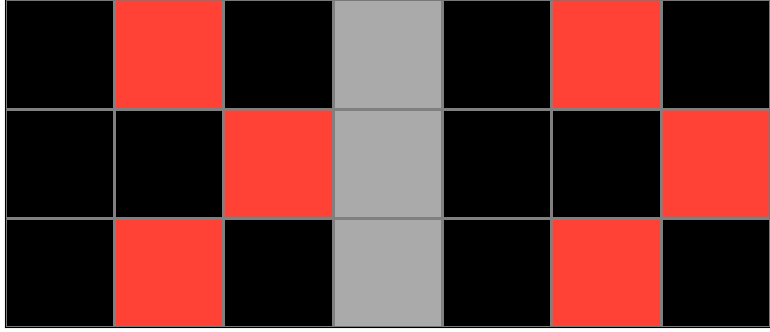
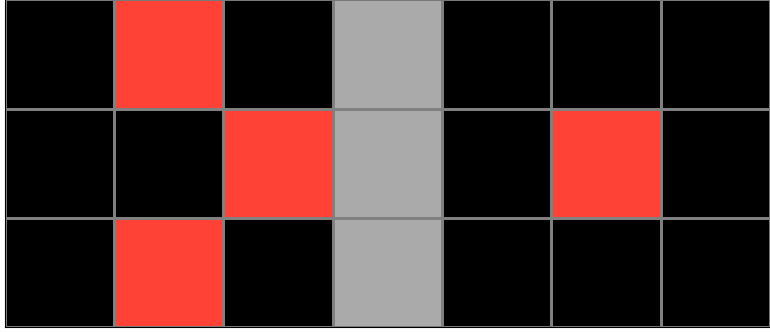
Participant 4
Initial description: Example 2 method using for rule.
Final description: ok
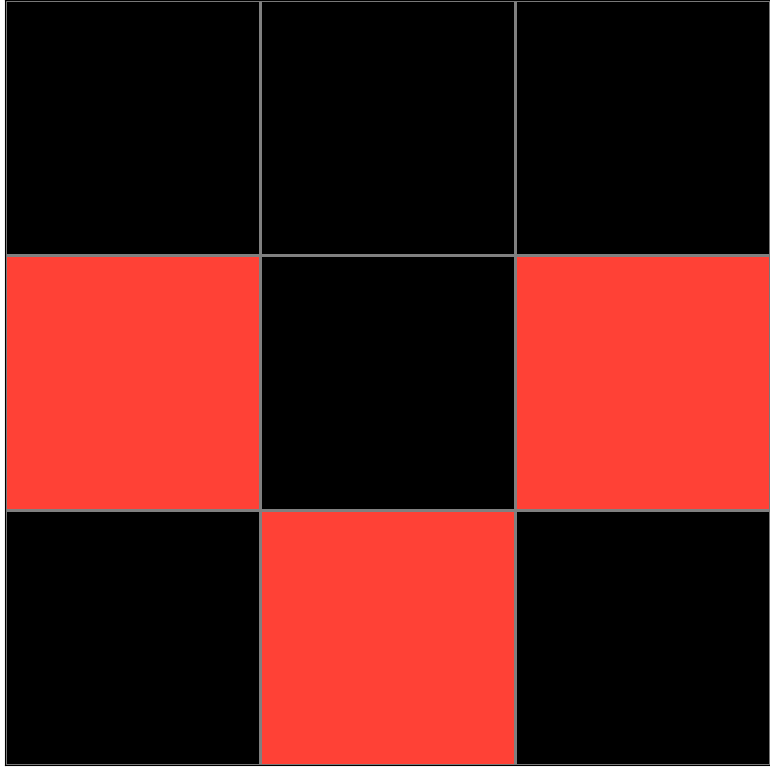
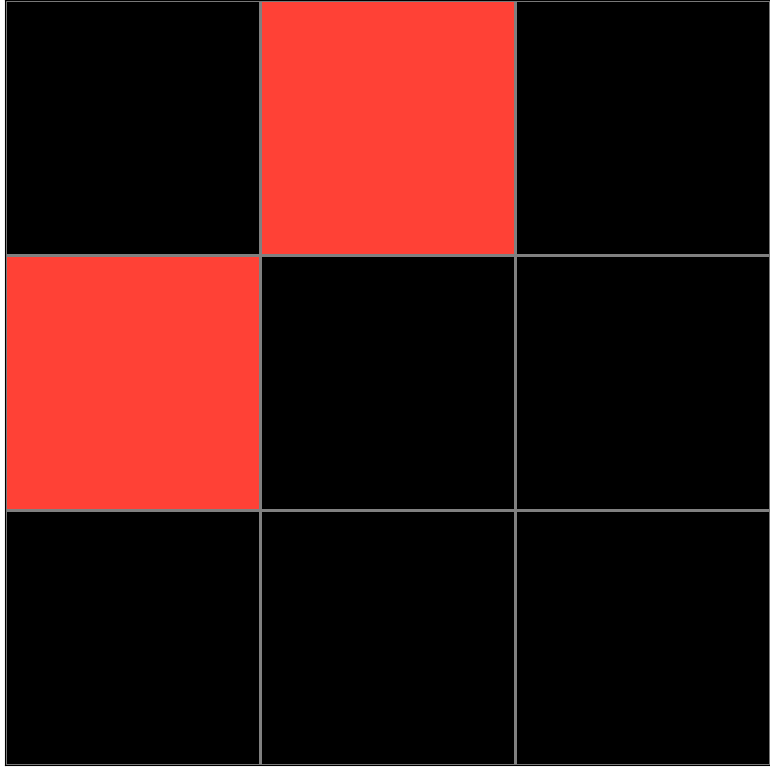
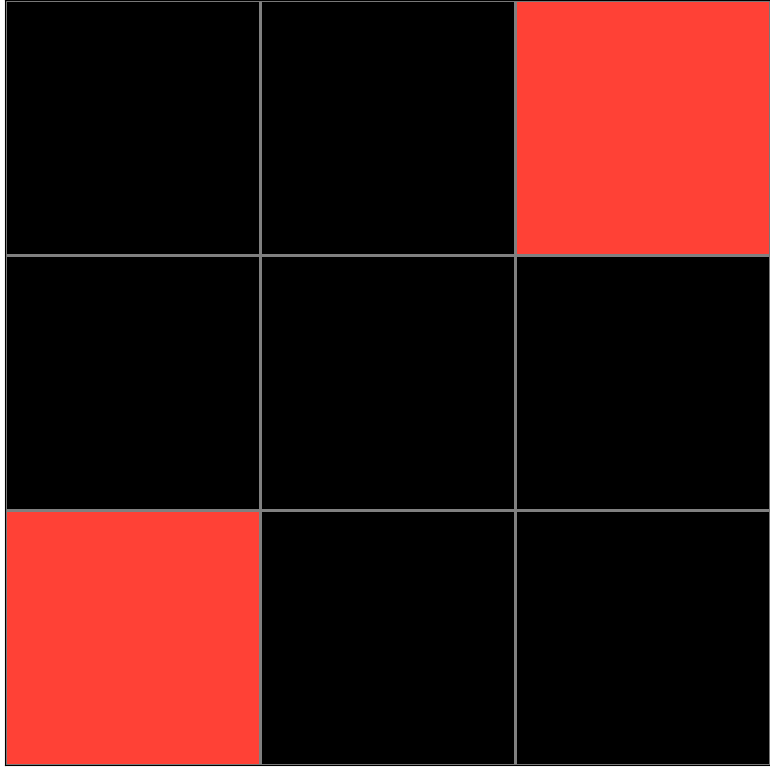
Participant 5
Initial description: To fill as in the input.
Final description: To fill as in the input.
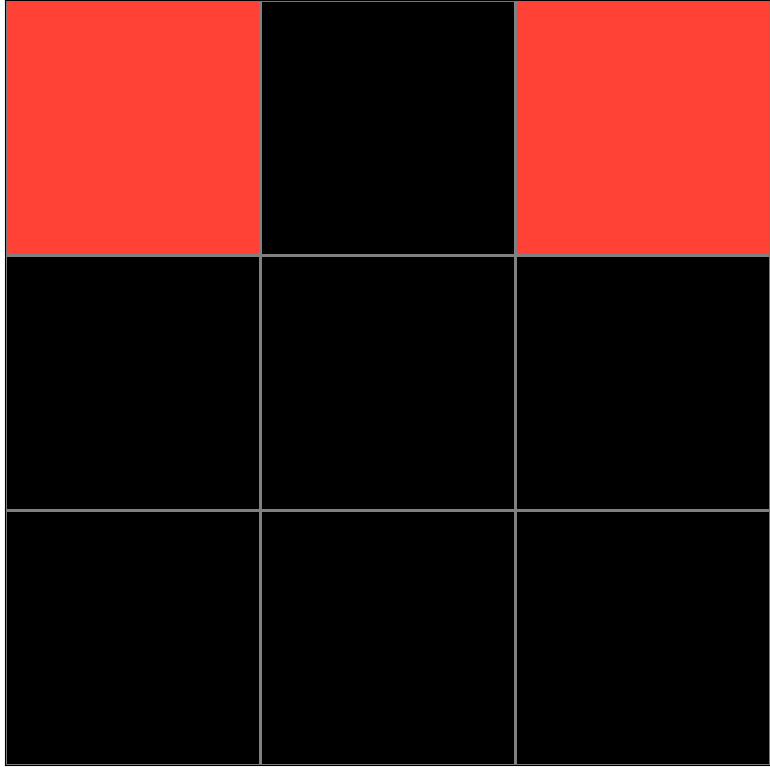
Participant 6
Initial description: A cross figure after both outputs are combined.
Final description: Remove some of the shaded blue blocks and fill it in with black blocks.
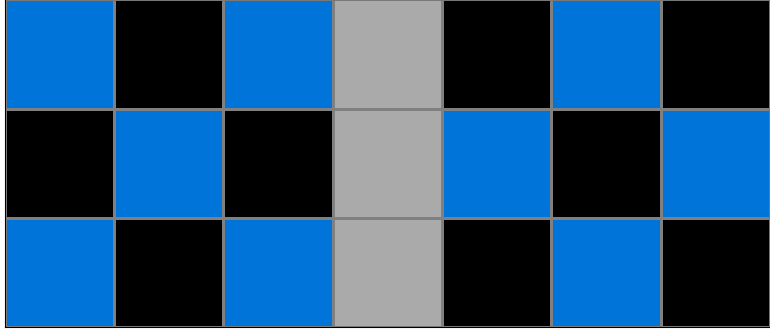
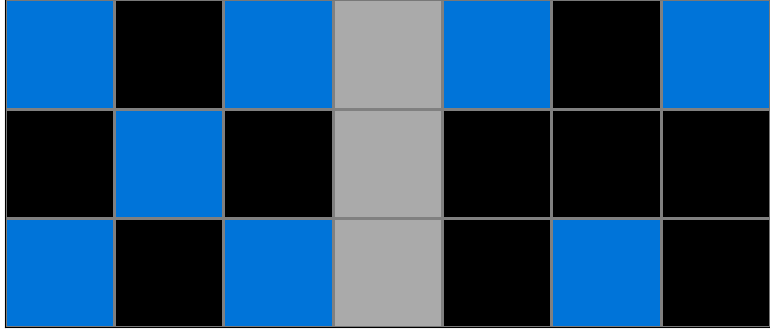
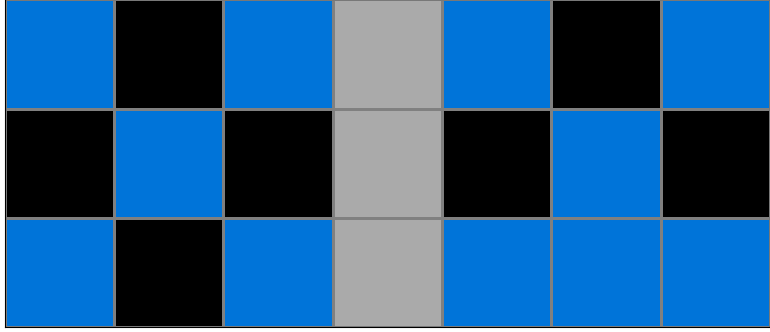
Participant 7
Initial description: Out put is a red squared where there are matching blue squares on the input.
Final description: Out put is a red squared where there are matching blue squares on the input.
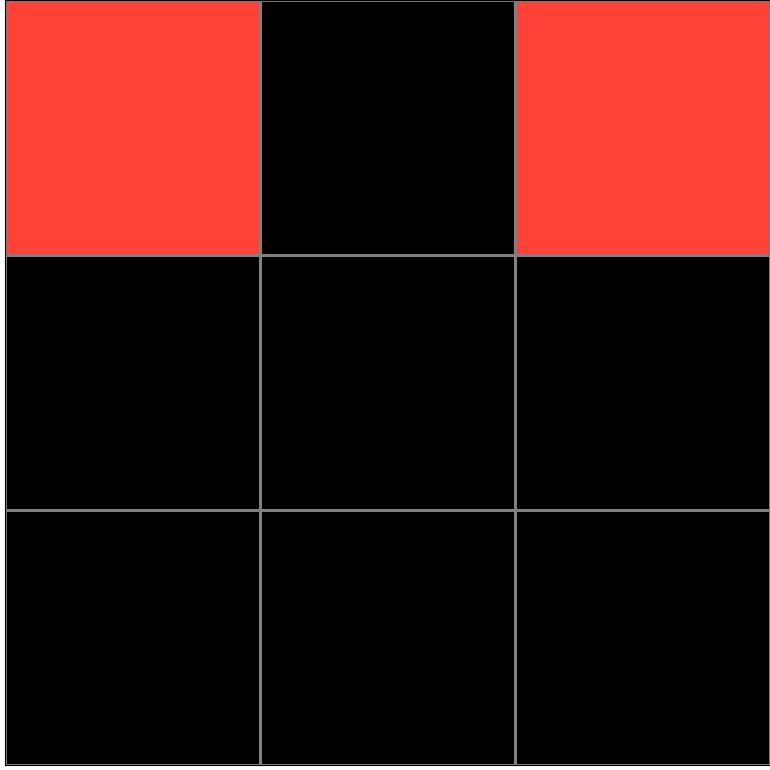
Participant 8
Initial description: copy any squares that the two cubes have in common and color them in red
Final description: copy any squares that the two cubes have in common and color them in red
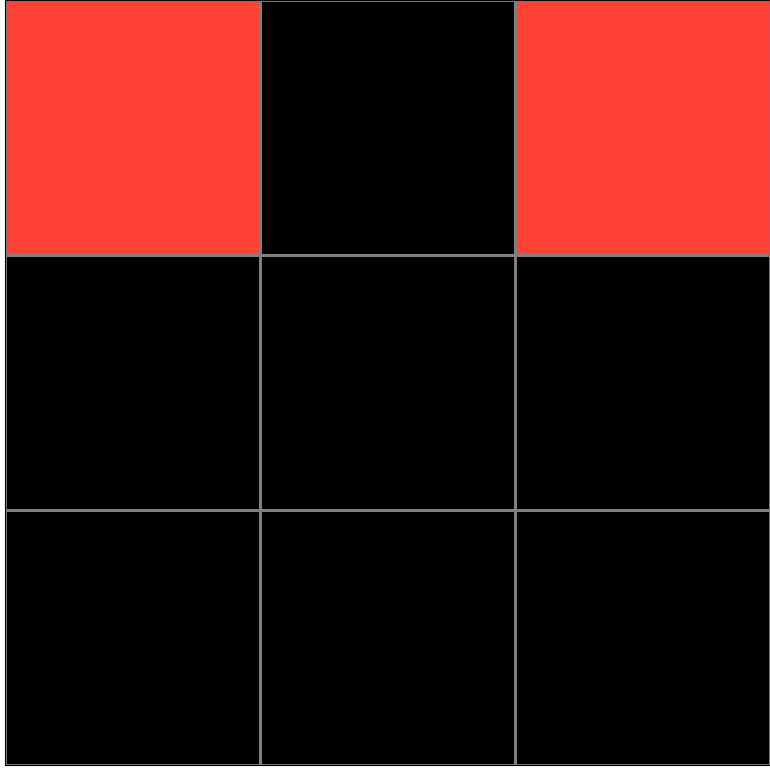
Participant 9
Initial description: Similar to a previous task, this one just requires me to look at the blue tiles in each subsection of the input, find where they correspond, and with the resulting merger, paint the output in red. It's like an AND gate, isn't it?
Final description: Similar to a previous task, this one just requires me to look at the blue tiles in each subsection of the input, find where they correspond, and with the resulting merger, paint the output in red. It's like an AND gate, isn't it?
